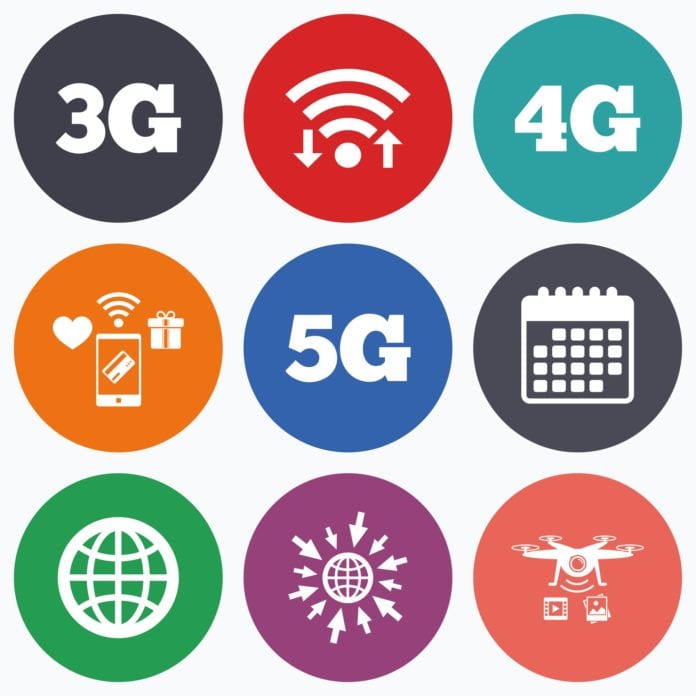Editor’s Note: In the Analyst Angle section, we’ve collected a group of the industry’s leading analysts to give their outlook on the hot topics in the wireless industry.
There is a growing number of “5G” skeptics engaging in a 5G vs Wi-Fi false debate concluding that 5G is not needed as Wi-Fi is available now and provides all that is needed. I am a big fan of Wi-Fi, but I don’t share the over-simplified arguments about 5G from of the old-fashioned Wi-Fi vs Third Generation Partnership Project.
Now that 5G standards are close, we have to be careful about defining terms when we make an argument about 5G. If we’re talking about the actual radio standard, then it seems pretty certain 5G will be a continuation of 4G, i.e. technology purely from the cellular community. Wi-Fi, in my opinion, lost its chance to contribute to fundamental standards despite some recent overtures – and the two technologies will continue on their separate tracks at least for another generation. Eventually we could assume there will be convergence of the fundamental standards as there eventually was between 802.16 and 4G, but that will be with “5.5G” or “6G.”
So, Wi-Fi extensions like 802.11ax will have some of the characteristics of a 5G network, but will not be part of the main standards. That will have some drawbacks for the Wi-Fi industry, though as in the current generation, there will be plenty of organizations that will find Wi-Fi more available or more useful to them than cellular. However, for those focusing narrowly on the radio wars, I do think there will be new challenges for Wi-Fi if it wants to claim to be the “real” 5G technology – i.e. that it fulfills all the requirements of 5G without any need for new cellular standards. It will depend on use cases, but cellular will address more use cases, especially at the high value end (high availability, etc.). The big difference from 4G will be the availability of cellular 5G in unlicensed and shared spectrum, not just in licensed, which will make it available to far more stakeholders and make it a more realistic alternative to Wi-Fi for non-mobile network operators.
The experience of WiMAX certainly shows how difficult it is for a standard to succeed in the mobile world if it comes from outside the family. And that certainly suggests that, as well as considering whether to submit to IMT-2020, IEEE 802.11 should formulate a closer relationship with the 3GPP, to ensure the two sets of standards are in step and end up being naturally complementary rather than clumsily tied together, or even competitive. *
*Abstract from Wireless Watch blog “IEEE seeks closer collaboration with 3GPP, which could create ‘true 5G’” by Caroline Gabriel.
The other definition of 5G is of course far broader – that it really refers to a whole new network architecture, not just a radio standard, and parts of that architecture are already evolving in Wi-Fi and 4G such as virtualization and various types of advanced carrier aggregation. In this definition it seems completely irrelevant to argue whether Wi-Fi or cellular will be superior since the whole point is to be able to mix and match different radios in different spectrum bands, according to use case, cost, spectrum availability, etc. A virtualized, multitechnology, dynamically reconfigurable network will have a far more transformative effect on wireless business cases and applications than a new radio, whether that comes from the IEEE or 3GPP – and in that flexible network the barriers between Wi-Fi and 4G/5G, and between unlicensed and licensed spectrum breaks down anyway.
I believe this broad new architecture is what is really important, whether it should be labelled 5G or not. And the arguments about Wi-Fi vs cellular or Wi-Fi making 5G unnecessary are quite narrow and often reflect commercial interests of certain vendors or operators, rather than a big technology picture.

